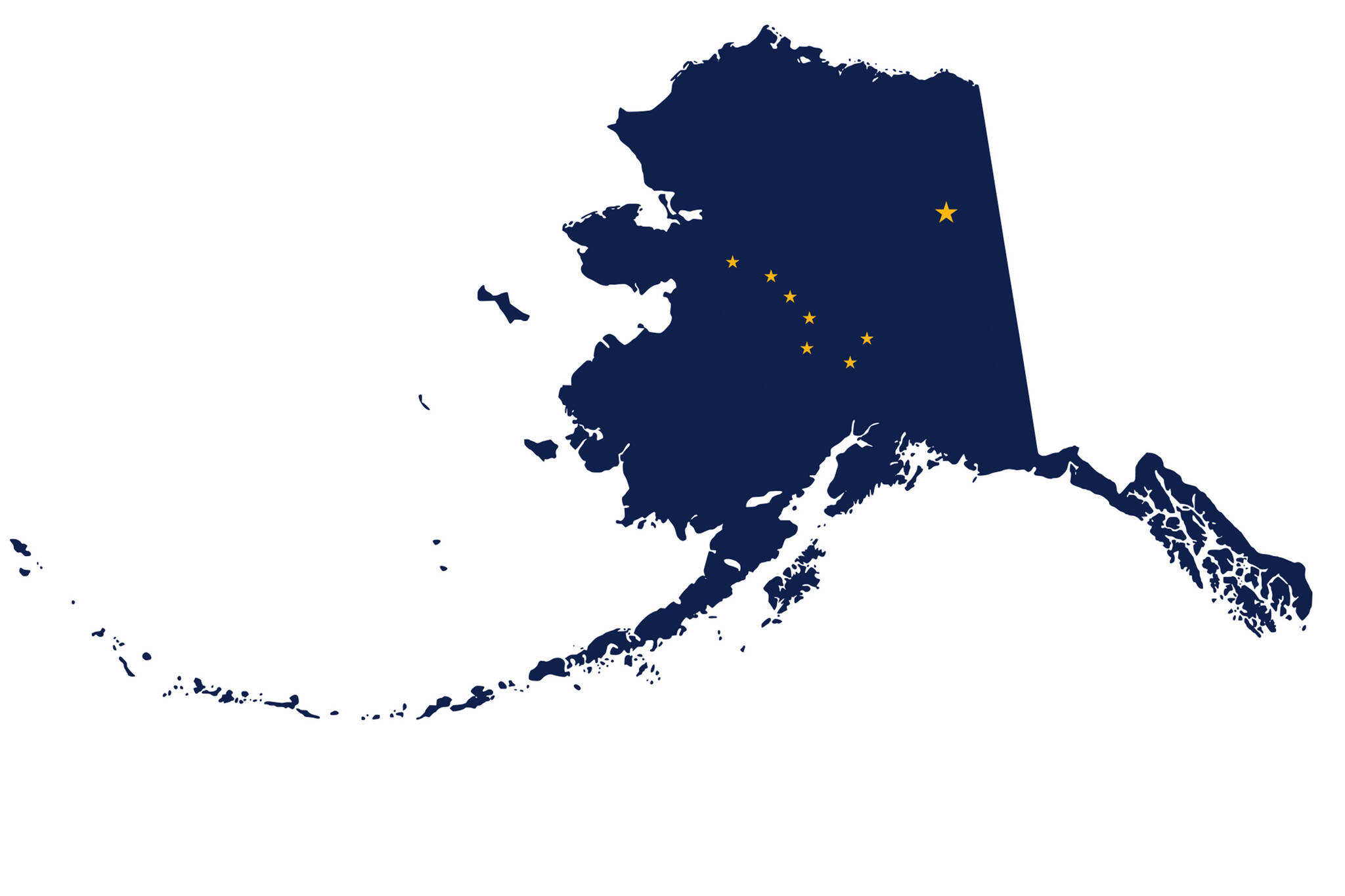The public has a lot to say about bycatch in Alaska’s fisheries on social media and the opinion pages of newspapers around the state.
Will they share their comments and ideas where it can really count — at May 1 and May 23 teleconferences of the new Bycatch Advisory Council?
Bycatch is defined by the state as fish or other marine species which are unintentionally caught that fishermen don’t want, can’t sell, or by law are not allowed to keep. It adds up to multimillions of halibut, crab, salmon, herring, sablefish and dozens of other species being discarded in Alaska’s fisheries each year.
Much of the overall problem stems from outdated fishing regulations defined in the 1970s, combined with inefficient fishing gears, technologies, and operations that in many cases don’t apply to the realities of today’s changing environment and marine ecosystems.
To advance solutions, a Bycatch Advisory Council was created on March 10 by order of the Commissioner of the Alaska Department of Fish and Game. Its goal over three years is to help ADF&G turn recommendations into reality in areas of bycatch research, management and state engagement policies for fisheries in the Bering Sea and Gulf of Alaska.
The BAC includes six members of a task force convened by Gov. Mike Dunleavy in January 2022 to fast track recommendations to reduce bycatch across all fisheries. That group met 45 times and provided a final report of recommendations to the governor in December.
The council members are Karma Ulvi, Chief of the Native Village of Eagle and Tribal Administrator with Tanana Chiefs Conference; Kevin Delaney, a former director for ADF&G’s Division of Sport Fish and a fishery consultant for Kenai River Sportfishing Association; Stephanie Madsen, director of the At-Sea Processors Association and a former chair of the North Pacific Fishery Management Council; Brian Gabriel, mayor of the City of Kenai and a Cook Inlet setnetter; Linda Kozak, a fishery consultant from Kodiak; and John Jensen of Petersburg who served many years on the Board of Fisheries and is a member of the NPFMC.
“We’re an advisory council for ADF&G and also a conduit for the public,” said Delaney at the first organizational meeting on March 31 where Kozak was elected chair and Jensen vice chair.
Getting the state better engaged with Alaskans dominated the first BAC meeting’s discussion.
“How can we best get people engaged and hear their questions and concerns?” asked Kozak. “There are so many different entities, agencies and organizations at the policy level. We need to figure out how to get improved stakeholder feedback so they feel they have a voice. It needs to go beyond a website and links to information.”
Kozak said at the May meetings the council will “dig into the weeds” of the task force recommendations, identify what items need more public input and discuss ways to collaborate with fishermen and others on research and management ideas.
Crafting a bycatch policy for the state of Alaska is also tops on the council list.
A recommendation states: “Alaska’s Bycatch Policy would be used by the Alaska Board of Fisheries when addressing state waters bycatch issues and considered by the state’s representative on the North Pacific Fishery Management Council when developing the State’s position regarding bycatch issues in federally managed fisheries.”
By far, most of Alaska’s fish harvests come from federally managed waters from 3 miles to 200 miles from shore. But Alaskans can have an oversized voice when it comes to what’s going on in those fishing grounds.
“Six of the 11 voting members on the NPFMC are Alaskans. They carry the state’s water,” Kozak said.
Earlier this year Gov. Dunleavy said “Fishing is the beating heart of Alaska. It’s provided food and shaped the culture of Alaska for thousands of years. It’s the largest source of private sector jobs in the state. It generates millions of dollars in revenue for our coastal communities … We must do all we can to sustain our great fisheries and ensure that our resources are managed to benefit Alaskans first and foremost.”
Alaskans can help shape a more sustainable fishing future by being at the table.
Find the Notice, agenda and links for the May 1 Bycatch Advisory Council meeting at the State of Alaska Public Notices page.
Submit comments and get on the mailing list by contacting dfg.dcf.bycatchreview@alaska.gov.
Laine Welch covered news of Alaska’s seafood industry for print and broadcast for over 33 years. She retired in 2022. Columns, My Turns and Letters to the Editor represent the view of the author, not the view of the Juneau Empire. Have something to say? Here’s how to submit a My Turn or letter.

